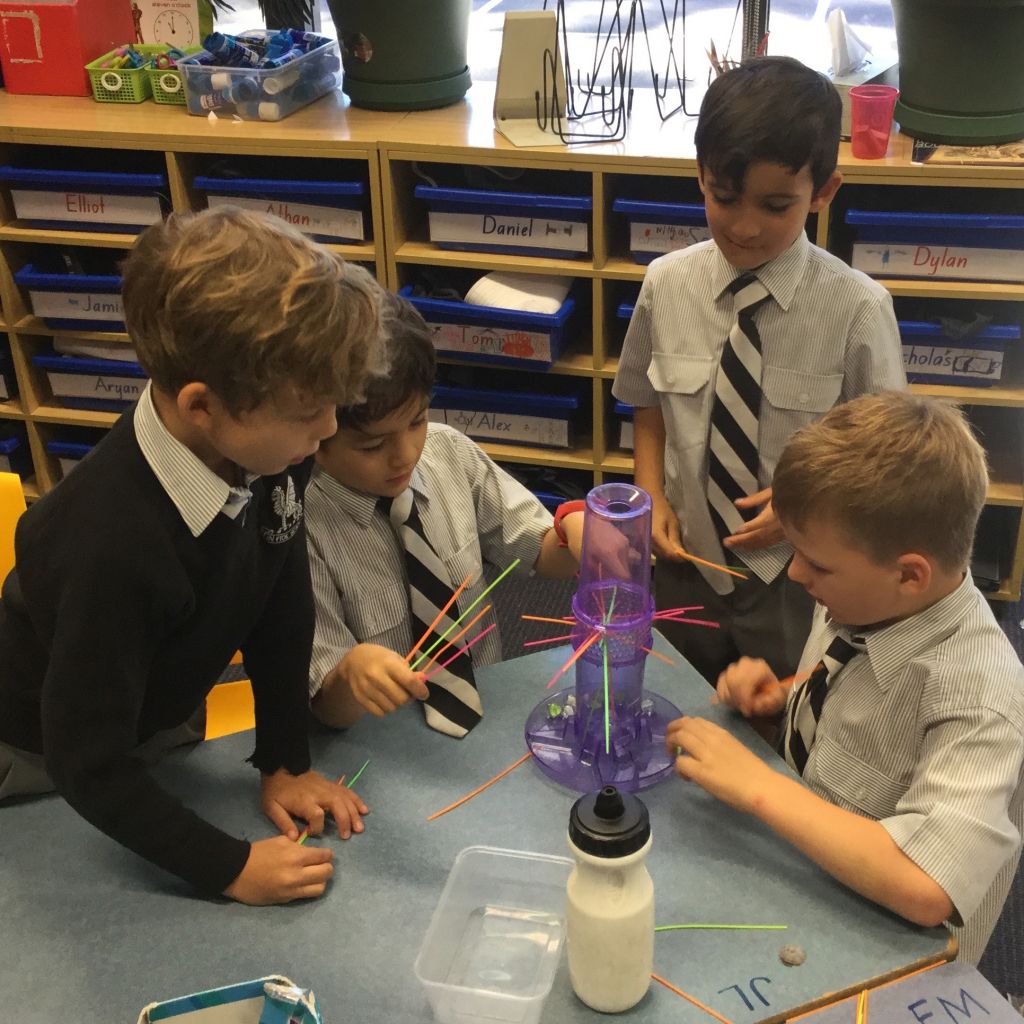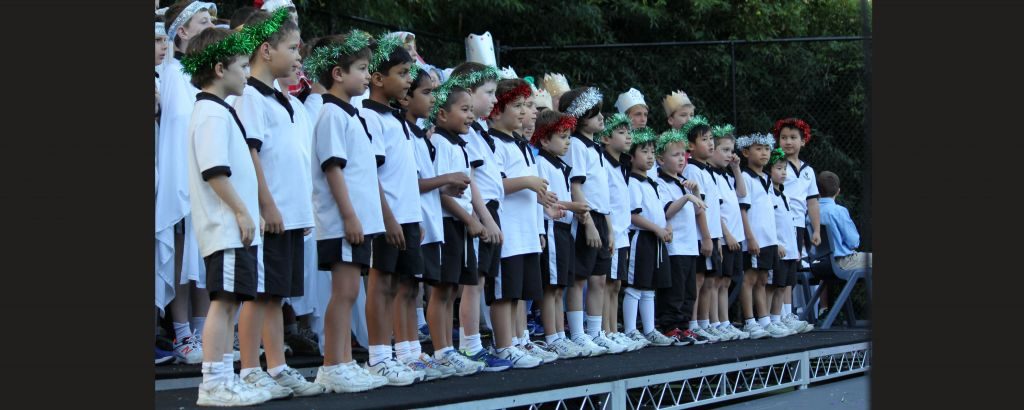A Message from the Head of Lindfield Campus
Practice makes perfect or does it?
We are constantly thinking about how we can improve the learning practices of our boys here at Lindfield. Our parents partner with the school to help with homework, reading, practicing music, sport and other skills. I know lots of mums and dads are really involved in playing sport with their son and helping them develop their skills and love of the games they play. I recently read an interesting article from Doug Lemov. He sets out all manner of interesting ideas that are useful for parents and teachers alike around how we help our boys improve and develop their skills, thinking and motivation in their learning at school, in music and on the sporting field.
He argues that if our boys practice skills imperfectly we are encoding the wrong moves permanently. He used soccer skills coaching as an example. He said that coaches often don’t insist on the skills being practiced correctly and there is not enough checking in and follow up. He also advocated a very practical emphasis to all coaching whether by teachers, parents or coaches but says many coaches set drills that are too hard and so boys lose motivation or do them poorly.
If you are keen to help your son develop his skills and want to provide advice, you need to do it in a way that is fun for him and for you, helps him improve and motivates him to practice more often.
When he makes a mistake (which is a crucial part of the learning), it is really important to give him the opportunity to go back and do something again as soon as possible so he can improve. Often parents tell their children what was done incorrectly but don’t give them the opportunity to try it again and learn and celebrate when they ‘get it’.
If you are helping your son with his learning, his music or sporting skills, it is really important to model and describe what it is that you would like to see him doing. Now this may be a bit difficult if your son is a trumpeter and you have no idea about the trumpet. Maybe finding an appropriate video would be helpful.
If the skill you are trying to teach involves performance of any sort, using video is a great way to help your son learn. Video him kicking the ball, swimming, practicing his music, cooking.
Feedback is best given straight away. If you wait a day, or even ten minutes for the little ones, the opportunity is often gone. Remember give feedback, model and describe what should happen and then try it again.
Always focus on and build on what is right rather than what is wrong. But don’t give vague praise, make it specific and useful.
‘Good, Shayne, you moved your feet quickly and got behind the ball’
Well done, you read all the words accurately and fluently.
Well Done Pascal, you played that piece of music with correct pauses and a mixture of soft and louder sections.
Tame your inner expert. You don’t need to tell your son everything at once. Focus on one thing at a time. Focus on explaining what you want to see, not what is wrong. It is normal to make mistakes, that is how we learn, so make sure you convey that message.
You also need to show that you make mistakes, that you are willing to try and you make mistakes as well. ‘What is something that I could do better?’
The long and the short of doing things with your son is that it should be fun, if you are going to give him advice, it needs to be positive, specific and motivating.
Remember practice does not make perfect, perfect practice repeated many times makes perfect.
Ben








































